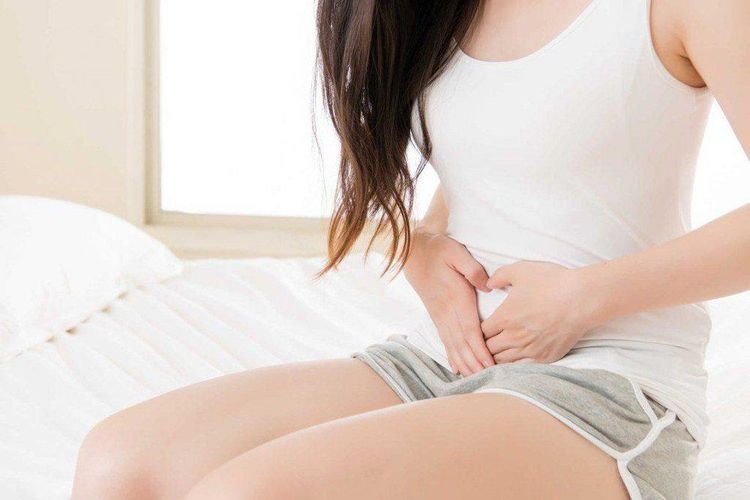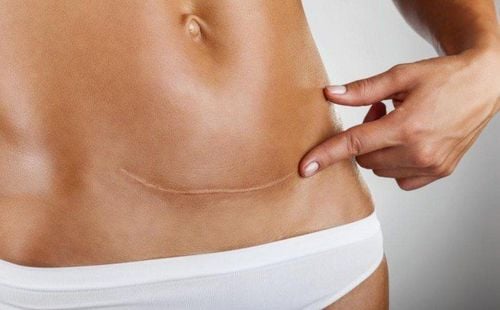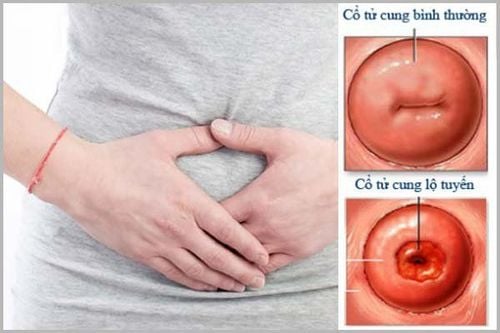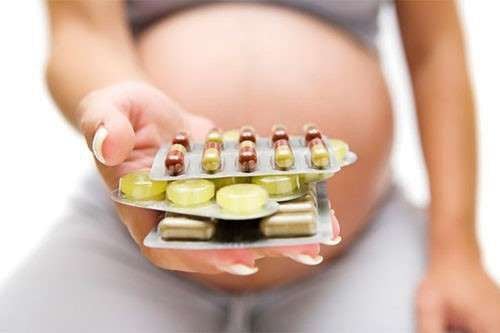The article has been consulted with Specialist Doctor I Le Thi Phuong - Obstetrician and Gynecologist at Vinmec Ha Long International General Hospital.
The rate of cesarean deliveries in our country is continuously increasing due to the advantages this method offers. However, surgical procedures are not always without complications. In some cases, abnormal signs may appear at the surgical site.
1. Abnormal Signs at the Cesarean Incision
If you notice any of the following abnormal signs at the cesarean incision, you should seek medical attention immediately:
- The incision is painful, swollen, red, or contains blood or pus discharge.
- The incision is open, revealing internal tissue, or accompanied by a high fever (38.5 to 40 degrees Celsius).
- The incision site may become swollen with a sensation of heat.
- Pain and discomfort may be felt in the lower abdomen, particularly around the incision, with breast engorgement and tenderness.
- The postpartum discharge has a foul odor.
- The incision is discharging pus, is open, or has foul-smelling drainage.
- If you have diabetes, the risk of infection at the incision site is higher. Symptoms of infection include redness and foul-smelling discharge, and the incision failing to heal properly.

2. Management of abnormalities at the Cesarean Incision
- Use sterile bandages to protect the incision for 24-48 hours post-surgery. Do not wet this bandage while bathing.
- If the incision is open, cover it with sterile moist gauze and apply a sterile bandage over it.
- Ensure sterile technique is maintained and use sterile dressings when changing the wound dressing.
- Wash hands thoroughly before and after changing the dressing.
- Keep the surgical site clean when directly handling it.
- Both the patient and family members should familiarize themselves with proper wound care and learn how to recognize signs of any abnormalities.
- If signs of infection appear, seek prompt edical attention at a specialized healthcare facility for immediate treatment.
- Ensure adequate nutrition for faster recovery.
3. How to promote incisional healing?

For mothers susceptible to keloid scarring:
- Clean the scar with Betadine solution and change dressings regularly to prevent infection.
- Allow the incision to remain dry for 3 days post-surgery.
Incisional care precaution:
- During the first week postpartum, doctors will assist with wound care and dressing changes. Besides, you will be prescribed antibiotics and pain relief to prevent infection or other serious complications.
- In the second week post-surgery, doctors will check the incision and remove stitches (except for dissolvable stitches). Clean yourself with warm water but avoid soaking in water for too long as it may affect the incision. After bathing, dry yourself thoroughly around the incision area or use Betadine or 10% Povidone solution to promote healing and prevent infection.
- Do not cover the incision tightly with gauze; allowing it to air dry will facilitate quicker healing.
- Supplement vitamins A, B, C to reduce inflammation at the incision site. Foods rich in vitamin K and trace elements aid blood formation and wound healing. Include protein-rich foods to help heal scars and prevent anemia. Avoid allergenic foods before childbirth. Refrain from consuming water spinach, egg yolks, or sticky rice to prevent keloid formation. It is recommended to apply the cream using a cotton swab on the incision area rather than using your hands.
- For women who have undergone cesarean sections, extra attention is necessary regarding body care, lifestyle choices, and food choices to ensure a swift recovery. If the incision shows any abnormal signs, the patient should promptly visit a medical facility for timely treatment.
To arrange an appointment, please call HOTLINE or make your reservation directly HERE. You may also download the MyVinmec app to schedule appointments faster and manage your reservations more conveniently.














